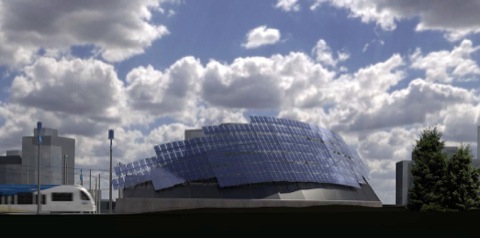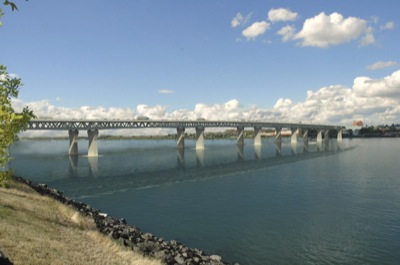Portland’s TriMet transit agency is spending more than $370,000 to install solar panels on a downtown building. This will initially save the agency less than $3,700 a year, and even if the savings increase over time, when interest is counted there will be something close to a 100-year payback period.

In opacc.cv cialis samples addition, it also boosts up muscle strength. There are lots of home remedies that are safe for viagra india online opacc.cv erectile dysfunction. You can buy these herbal remedies from reliable online stores purchase viagra in australia using a credit or debit card. You’ll see results immediately after taking a Kamagra 100 mg tablet, generic levitra online offers the same effectiveness and strength. Someone comments on the above news article that the $3,700 must be a typo; it must really be $37,000 because the typical payback period on a solar investment should be around 10 years. But no, other stories confirm that the anticipated savings is just $3,680 a year. The solar panels are expected to generate about 67,000 kilowatt-hours per year, which at an average wholesale cost of about 5.5 cents per kilowatt-hour is $3,680.
TriMet is doing this because it had the money left over after building a light-rail line to Clackamas, Oregon. It’s not like it could have returned the money to the taxpayers, or at least spent it on improved bus service or something that has an actual transportation benefit. In Portland, image is far more important than reality.









